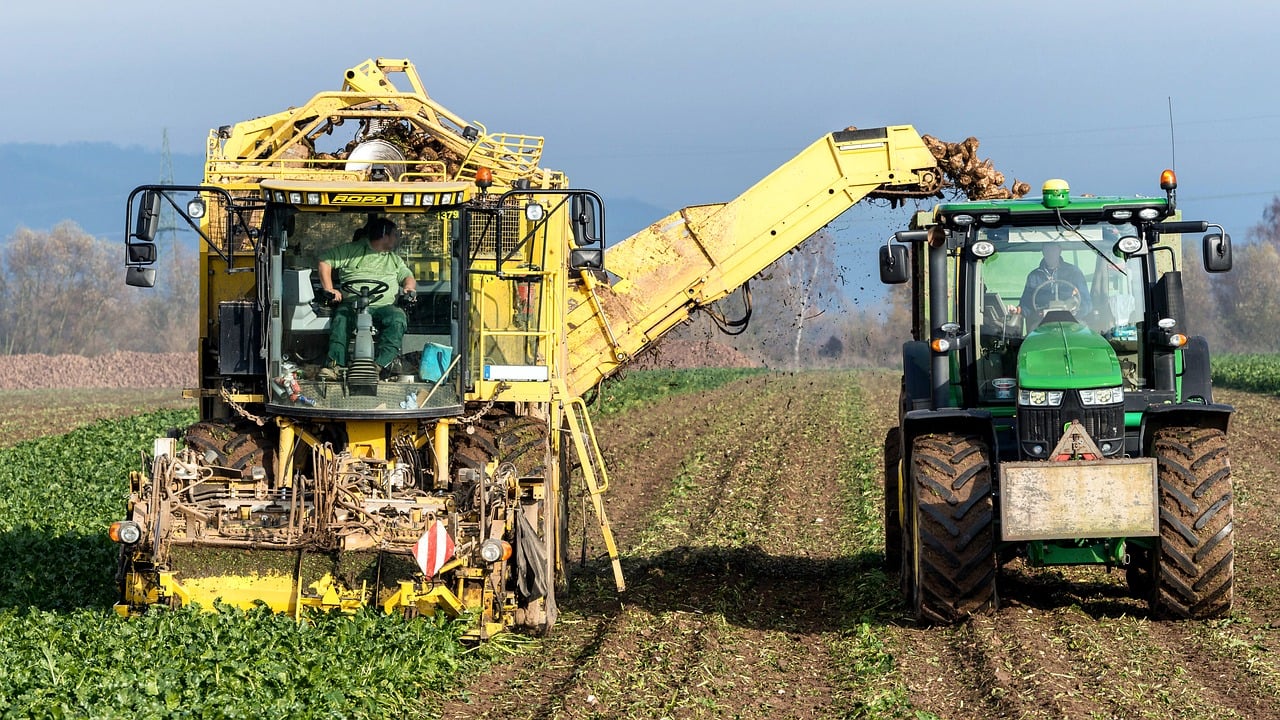
The 14th BRICS Trade Union Forum officially wrapped up its annual session in Brasilia, Brazil. Forum delegates from Russia, India, China, South Africa, Egypt, Ethiopia, and Iran reviewed the ongoing implementation of previously adopted decisions.
BRICS Trade Union Forums are held annually alongside BRICS summits in the host countries and cities. The Forum fosters cooperation and dialogue among trade union confederations from member and partner countries to strengthen labour rights and align workers with the BRICS agenda.
It serves as a platform for advancing social justice and democracy, uniting workers’ representatives to address changes in the world of work and advocate for global governance reform.
Trade union delegates review draft BRICS documents, including intergovernmental ones, and present their positions on key agenda items. Declarations from the forums are submitted to the BRICS heads of state to reflect workers’ perspectives.
CGTN reported that this year’s Forum topics up for discussion were:
- Strengthening trade union cooperation and inclusive global governance;
- Sustainable economic development and decent work;
- The impacts of digitalisation and artificial intelligence on labour.
- Defending workers’ rights in a multipolar world.
As BRICS’ relevance continues to grow in shaping global trade, the outcomes of the April 2025 forum revealed a focused agenda on sustainable development and inclusive growth.
Most significant was the adoption of the Trade and Investment Promotion Statement and its alignment with South Africa’s own strategic trade goals.
“The statement comes at that critical point in the current shifting of global geoeconomics,” says South African BRICS Business Council (SABBC) member Dr Stavros Nicolaou.
“It underpins a shared commitment among BRICS Plus members to strengthen the multilateral trading system and address emerging challenges in global trade and investment.”
“The statement comes at that critical point in the current shifting of global geoeconomics,” says South African BRICS Business Council (SABBC) member Dr Stavros Nicolaou.
“It underpins a shared commitment among BRICS Plus members to strengthen the multilateral trading system and address emerging challenges in global trade and investment.”
The statement is an important step for the SABBC in shaping policies and discussions that promote fair, stable, open trade and investment.
Furthermore, the statement is aligned with the 2023 BBC Joint statement for BRICS & AFRICA: Partnerships for mutually accelerated growth, sustainable development and inclusive multilateralism.
“This is where all BRICS Business collectively pledged to drive trade and investment promotion, across all sectors, to contribute towards a fair-trade balance, through an enhanced Trade and Investment Promotion drive,” explains Nicolaou.
High-potential areas for South African businesses
On 2 April, U.S. President Donald Trump announced broad tariffs via executive order, claiming they would boost the US economy.
In the current context, where the U.S.A. has applied baseline tariffs of 10% and higher tariffs to various countries and disrupted trade, SABBC believes South Africa “must diversify its trade exports” to cushion itself against this trade shock.
Nicolaou continues: “Thus, we continue to look towards sectors like agriculture to improve intra-BRICS trade finally.”
Citing figures from Wandile Sihlobo, Agribusiness Chair submission to Brazil Business Council, SABBC says, “The BRICS countries import over US$300 billion of agricultural products annually. China and India account for the lion’s share of these imports.
“The key agricultural products the BRICS grouping imports are soybeans, palm oil, beef, maize, berries, wheat, citrus, wine, cotton, pork, apricots and peaches, sorghum, rice, and sugar.

